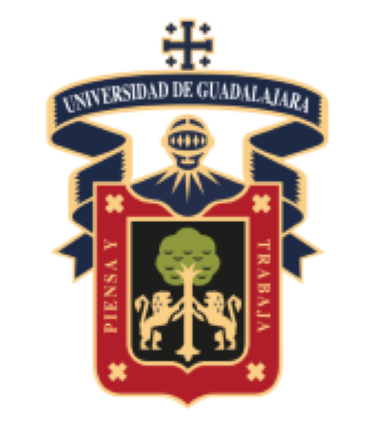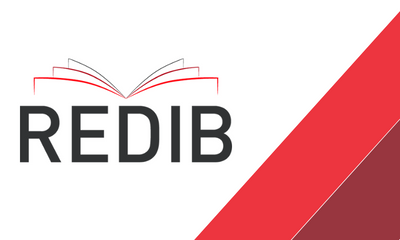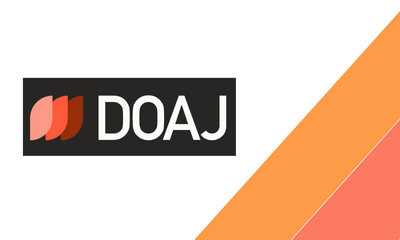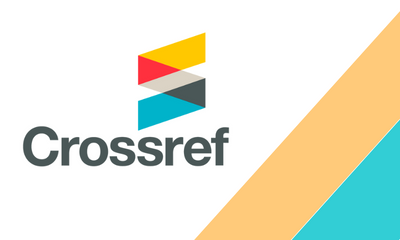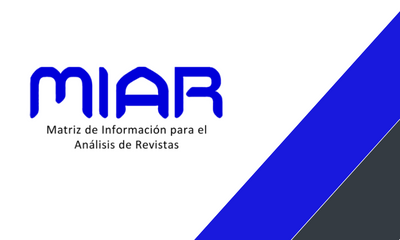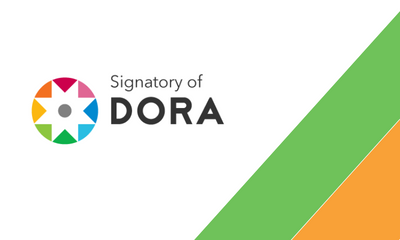Instructions for referees
Peer review process
The review process begins just after indicating to the author the acceptance of his contribution to be subject to review by academics who will evaluate its quality and relevance. For this purpose, the InterNaciones magazine uses the double review modality by blind peers, which seeks to guarantee that the identity of the authors and the referees remain anonymous, with the purpose of complying with the criteria of rigor, transparency and quality. academic opinions.
This type of double-blind peer review implies that the contributions received and accepted for review will be sent to expert reviewers in the same disciplinary or thematic field as those of the nominated text. The referees will be chosen from among the magazine's portfolio of referees – made up of specialists from national and international institutions – who will have the power to issue a ruling on the matter.
Therefore, the referees will have the responsibility of reviewing and analyzing the presence and relevance of each and every one of the contributions that are sent to them in terms of theoretical, methodological, and analytical aspects, as well as the congruence between the study area. , the academic contribution and the relevance of the findings presented, along with the existence of bibliographic references that adhere to works and documents that are current and relevant in the referred field.
All manuscripts will be sent to two experts – attached to an institution different from the authors' affiliation – who will issue their observations based on the following options:
- Recommend publication without modifications.
- Recommend its publication with minor changes, which do not require a second review by the referees.
- Make its publication conditional on the making of important changes, which requires a new review by the reviewers.
- This process can be repeated up to a maximum of two rounds. If at this point the document is still not recommended for publication, the article will be rejected without the option of resubmitting it.
- Do not recommend your publication.
- The ruling is final.
In the event that one opinion is positive and the other negative, the text will be submitted to a third arbitrator. The assignment of a third referee will be made based on their specialty and the balance between evaluators. For a text to be approved for publication by the Editorial Committee, it is essential that its opinion be positive.
In cases in which an article is ruled for corrections, the author will be informed through an email, attaching to said electronic communication the content of the blind opinion where the indications for modification are made.
Likewise, in cases where corrections are indicated again, the procedure will be repeated once more up to the limit of two times. If changes are requested again after the second attempt, the author will be notified that their article is not publishable because the terms of the process have been exceeded.
If an article is accepted with modifications, it will be sent to the author accompanied by a blind copy of the opinion in which the comments can be observed. The author will have 10 business days to make corrections and send it back to the editorial committee.
The accepted documents will begin the editing process (style correction, metadata marking, training, layout, etc.), to later be included in the corresponding number, according to the decision of the Editorial Committee.
The Journal undertakes to inform the authors about the approval, disapproval or observations of their work.
To carry out the review of each of the works, the referees must enter the OJS platform of the InterNaciones website, where they will find the opinion form that they must fill out carefully.In cases in which an article is ruled for corrections, the author will be informed through an email, attaching to said electronic communication the content of the blind opinion where the indications for modification are made.
The opinion form provided by the InterNaciones OJS platform can be consulted and downloaded by clicking on the Opinion Format or by reviewing the following items:
Opinion Format
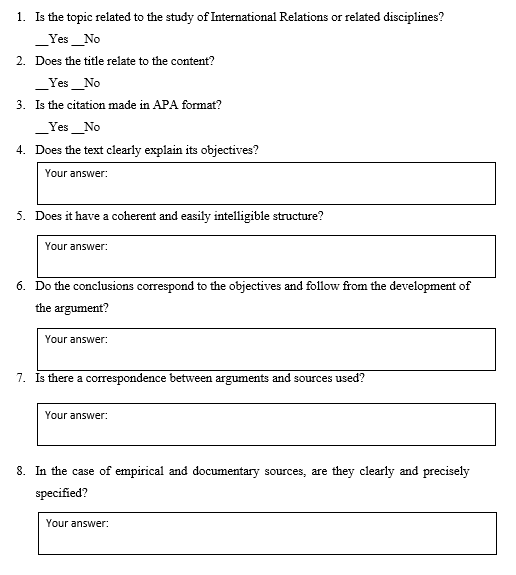
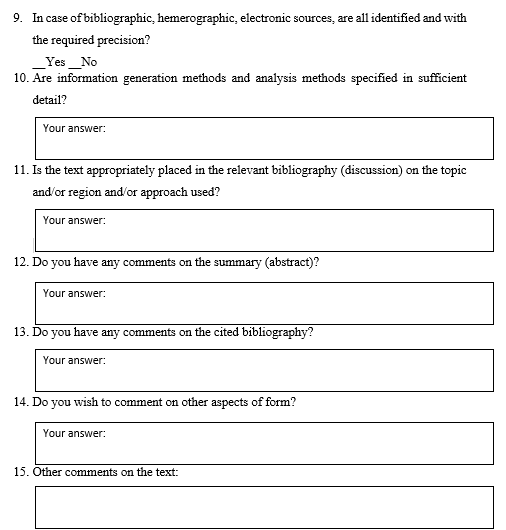
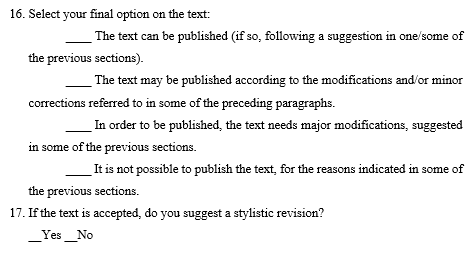
Additional considerations regarding the editorial opinion
-
Collaborations must be related to the thematic axis of International Relations, international studies and related disciplines in any of their fields, aspects and levels. They must be original results of significant scientific research for the area.
-
All research must be original and with strict adherence to copyright; To ensure this, the author must send, along with the manuscript, the signed and scanned copy of the Declaration of originality. By signing this document, the author agrees not to simultaneously submit his work to other publications.
-
All collaborations submitted for publication will be judged by academic peers and experts in the areaThe Editorial Board and the portfolio of referees, who will rule on the collaborations, are made up of top-level academics.
-
The Editorial Board and the portfolio of referees, who will rule on the collaborations, are made up of top-level academics.
-
The selection criteria are based exclusively on the scientific relevance of the article, originality, clarity and relevance of the work presented or, where appropriate, related to the theme of the journal that is determined by editorial policy for that issue.
-
The authors of the works that are published will not receive financial or any other type of remuneration from the magazine.
-
The process begins with a review to determine if the submitted collaboration meets the criteria established for each type of collaboration.
-
Once it has been verified that the formal criteria are met, the collaborations will be sent to the Editorial Committee who will determine if the content presented in each document complies with the editorial profile of the magazine and will choose two experts per document, from the Editorial Board or external, who will participate. as adjudicators.
-
Articles that are considered publishable will be sent to expert academics in the same disciplinary and thematic area as those of the nominated text. The reviewers will be selected from the portfolio of referees – made up of specialists from national and international institutions – who will issue an academic opinion.
-
The opinion process requires anonymity, not only of the reviewers but also of the authors, so the material presented to the reviewers will not contain the name of the author.

